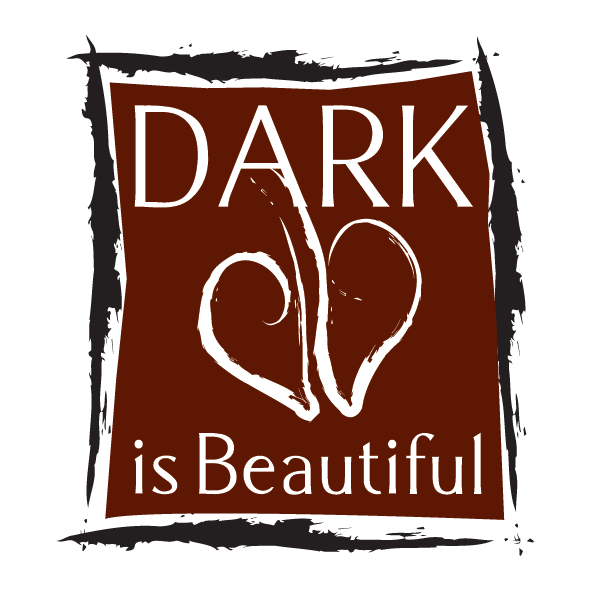Colourism In India – a History
Discrimination based on skin color was most visible in British India, where skin color served as a signal of high status for the foreign British who actively promoted the idea. Thus, those individuals with a lighter skin color enjoyed more privileges from the British, were considered to have a more affluent status and gained preference in education and employment. Darker skinned individuals were socially and economically disadvantaged.
The caste system in India too involves skin color bias. British historians observed that since the upper castes were not involved in tedious labor and weren’t as exposed to the sun as the lower castes, they used to stay indoors and thus possessed lighter brown skin. The lower castes on the other hand had higher melanin concentration in their skin cells due to continued exposure to sun from working in agricultural fields and outdoors.
STEREOTYPES
Children are complimented by relatives and friends for being the ‘fairer one’, in teenage and this bias keeps growing with age. It can be blamed on peer pressure, societal prejudices or advertising and product manufacturing.
Hindustan Pencils, the manufactures of the popular Nataraj and Apsara pencils have started a Colorama crayon series which has a peach-colored crayon labeled as ‘skin’, despite it not being the most prevalent skin colour of Indians. In a country with as many skin tones as India, labeling one particular shade as ‘skin’ color and that shade in turn being used to represent skin in all human caricatures unknowingly deepens the color bias against skin tone at a very tender age.
This is not unique to India however. Companies like Crayola, Faber-Castell and Camlin have crayons labeled as ‘flesh’ but Crayola chose to rename its ‘flesh’ crayon as ‘peach’ in 1962 in response to the US civil rights movement. It also introduced a special set of eight ‘Multicultural Crayons’ representing different skin tones.
CONTROVERSY
A second-year law student at Bangalore’s National Law School filed a complaint against Hindustan Pencils at the district-level consumer forum in Bangalore in June in relation to the ‘skin’ crayon, accusing the company of being racist for promoting the idea that there is only one kind of acceptable skin color – peach, in a country where most people have darker skin in varying tones of brown. When he lost the case at the district forum in October 2013, he took it up to the State Consumer Commission, where it is now being heard. He has asked for the removal of the label ‘skin’ of the crayon along with compensation of Rs 100,000 for hurting his sentiments. With 10 other people, he has started an NGO called Brown n’ Proud which aims to raise awareness about ‘rangbhed’, or color discrimination. They have also started an online petition with change.org against this ‘skin’ crayon.
Help Children Celebrate Skin Colour Diversity
Support our media literacy programs for children.
COSMETICS
Skin-whitening cosmetics, popularized by Dutch company HUL are a multibillion-dollar industry pushing the idea that beauty equates with lighter skin and that lightening dark skin is both achievable and preferable. In a country such as India, with issues such as employment and relationships often resting on skin tone, people invest in skin-lightening creams in the hope of a better existence. Capitalizing on this inequality, hundreds of products are peddled by corporations, among them armpit lightener, genital lightener and fairness baby oil. Nearly all major cosmetic companies ( like Dove, Nivea, Pond’s, Garnier, Neutrogena, Olay ) sell products that claim alter genes to suppress melanin.
MATRIMONY
Skin color preference in matrimonial matters is something certainly not unique to India; however the way it gets expressed is most certainly distinctive from that in any other society. Whether it is sticking to the tradition of ‘arranged marriages’ but evolving from the use of matrimonial columns in newspapers to websites like shaadi.com, bharatmatrimony.com or evolving to the system of ‘love marriages’; people still prefer their partners to be light.
EMPLOYMENT
The deep-rooted color bias has ensured that in jobs are often given to people with light skin.
SOCIAL MEDIA
Hindustan Unilever, the manufacturer of Fair&Lovely, under its cosmetic brand name Vaseline, launched an application to make the skin of Facebook users look lighter in their profile pictures.
